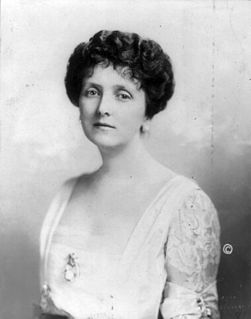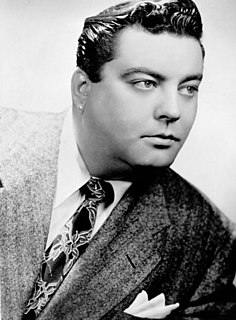A Quote by Margaret Mitchell
The liar was the hottest to defend his veracity, the coward his courage, the ill-bred his gentlemanliness, and the cad his honor
Related Quotes
Let no one imagine that he will lose anything of human dignity by this voluntary sell-out of his all to his God. He does not by this degrade himself as a man; rather he finds his right place of high honor as one made in the image of his Creator. His deep disgrace lay in his moral derangement, his unnatural usurpation of the place of God. His honor will be proved by restoring again that stolen throne. In exalting God over all, he finds his own highest honor upheld.
The villager, born humbly and bred hard,
Content his wealth, and poverty his guard,
In action simply just, in conscience clear,
By guilt untainted, undisturb'd by fear,
His means but scanty, and his wants but few,
Labor his business, and his pleasure too,
Enjoys more comforts in a single hour
Than ages give the wretch condemn'd to power.
When the facts of history are written Haile Selassie of Abyssinia will go down as a great coward who ran away from his country to save his skin and left the millions of his countrymen to
struggle through a terrible war that he brought upon them because of his political ignorance and his racial disloyalty.
Depending on the year or the therapist he was seeing, he'd learned to ascribe just about every facet of his character as a psychological reaction to his parents' fighting: his laziness, his overachieving, his tendency to isolate, his tendency to seduce, his hypochondria, his sense of invulnerability, his self-loathing, his narcissism.
In nothing does man, with his grand notions of heaven and charity, show forth his innate, low-bred, wild animalism more clearly than in his treatment of his brother beasts. From the shepherd with his lambs to the red-handed hunter, it is the same; no recognition of rights - only murder in one form or another.
The true Indian sets no price upon either his property or his labor. His generosity is limited only by his strength and ability. He regards it as an honor to be selected for difficult or dangerous service and would think it shameful to ask for any reward, saying rather: "Let the person I serve express his thanks according to his own bringing up and his sense of honor. Each soul must meet the morning sun, the new sweet earth, and the Great Silence alone!. What is Silence? It is the Great Mystery! The Holy Silence is His voice!
As the patriots of seventy-six did to the support of the Declaration of Independence, so to the support of the Constitution and Laws, let every American pledge his life, his property, and his sacred honor;-let every man remember that to violate the law, is to trample on the blood of his father, and to tear the character of his own, and his children's liberty.







































